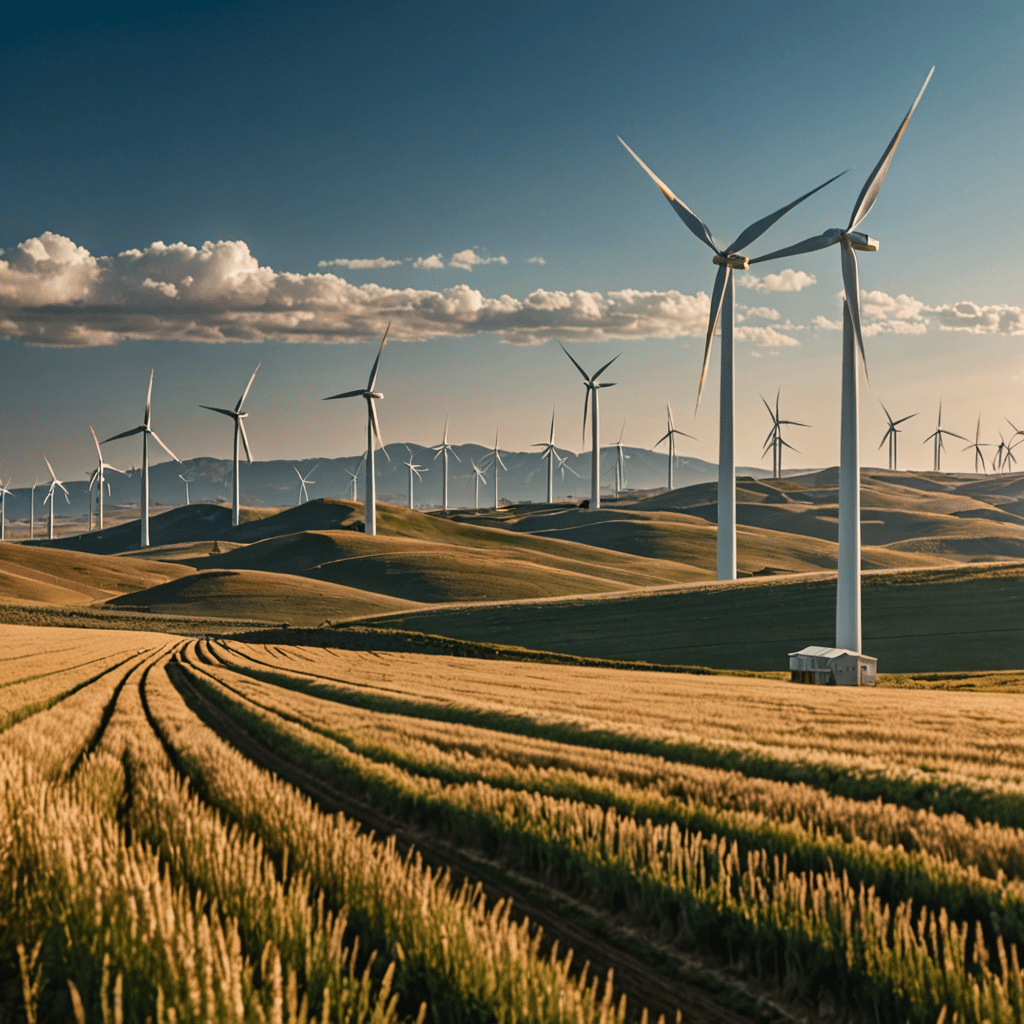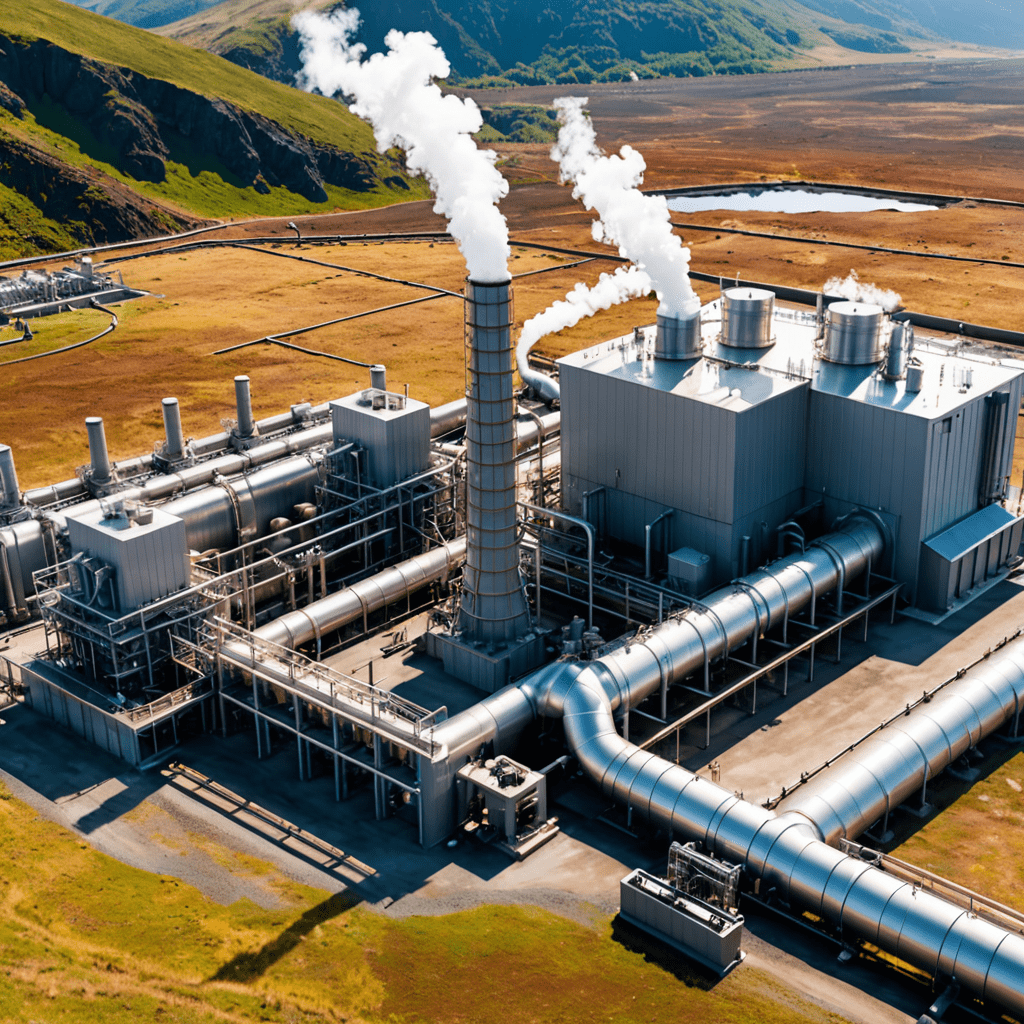Renewable Energy in Developing Countries
The Importance of Renewable Energy
Renewable energy sources play a crucial role in sustainable development, particularly in developing countries. The shift towards renewables is essential to mitigate climate change, reduce greenhouse gas emissions, and improve energy security.
Challenges Faced by Developing Countries
Developing countries often struggle with limited access to electricity, reliance on fossil fuels, and environmental degradation. Embracing renewable energy can address these challenges by providing affordable, clean, and reliable power sources.
Types of Renewable Energy
Renewable energy sources include solar, wind, hydroelectric, biomass, and geothermal power. These sources offer diverse options for generating electricity and heat without depleting natural resources or harming the environment.
Benefits of Renewable Energy Adoption
By investing in renewable energy solutions, developing countries can create new job opportunities, improve public health, enhance energy access, and promote sustainable development. These benefits have a positive impact on both the economy and the environment.
Investment and Financing Opportunities
Addressing the energy needs of developing countries requires significant investments in renewable energy infrastructure. International organizations, governments, and private sector entities can collaborate to provide financing options and technical assistance to support these initiatives.
Policy and Regulatory Framework
Effective policies and regulations are essential to promote renewable energy deployment in developing countries. Governments can implement incentives, set targets, and establish supportive frameworks to accelerate the transition towards clean energy solutions.
Future Outlook
As renewable energy technologies continue to advance and become more cost-effective, developing countries have the opportunity to leapfrog traditional energy systems and embrace a sustainable, low-carbon future. Through strategic planning, investment, and collaboration, these nations can unlock the full potential of renewable energy for long-term prosperity and environmental preservation.
FAQs about Renewable Energy in Developing Countries
What is renewable energy?
Renewable energy is energy derived from natural resources that are constantly replenished, such as sunlight, wind, rain, tides, waves, and geothermal heat.
Why is renewable energy important in developing countries?
Renewable energy is crucial in developing countries due to its availability, sustainability, and cost-effectiveness. It can provide clean and reliable power, reduce reliance on fossil fuels, and improve energy access for communities.
What are some common types of renewable energy sources used in developing countries?
Some common types of renewable energy sources utilized in developing countries include solar power, wind energy, hydropower, biomass energy, and geothermal energy.
How does renewable energy benefit developing countries?
Renewable energy can help developing countries combat climate change, reduce air pollution, create job opportunities, enhance energy security, and promote sustainable development.
What are the challenges faced in implementing renewable energy projects in developing countries?
Challenges in implementing renewable energy projects in developing countries include high upfront costs, inadequate infrastructure, technical barriers, policy and regulatory hurdles, and limited access to financing.


